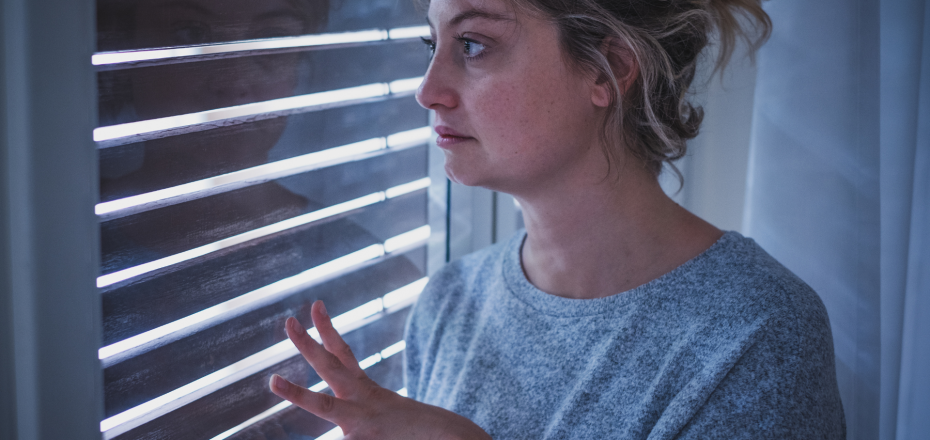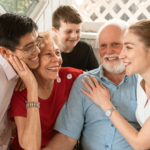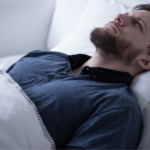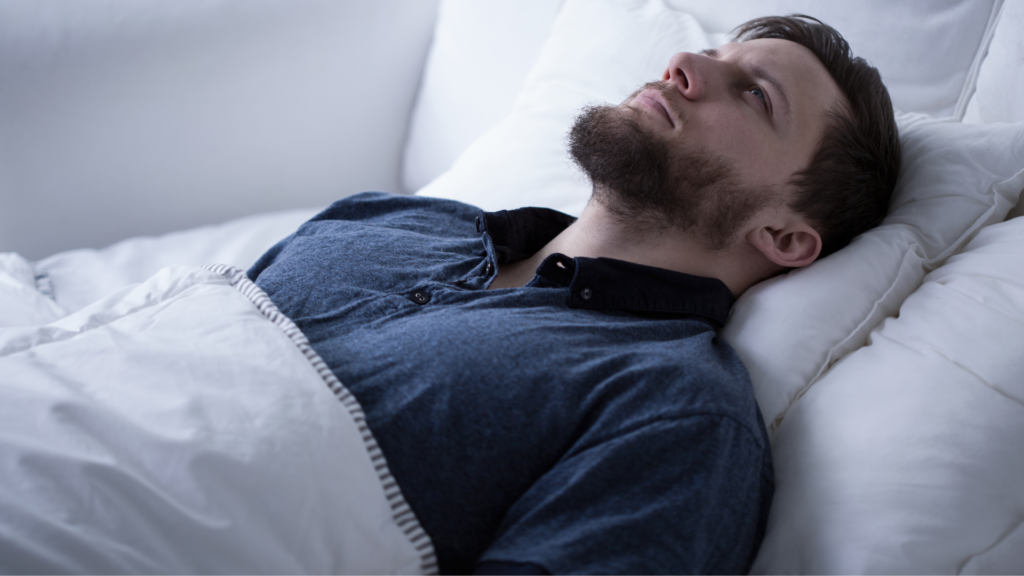Are you feeling trapped and confined by your own fears? Does the mere thought of leaving your home or being in a crowded space make you anxious and overwhelmed? You might be suffering from agoraphobia, an invisible prison that can isolate you from the world outside. Let’s explore what agoraphobia is, the signs and symptoms, and how you can recognize it when you have it. Don’t let fear stop you from doing what you must. Continue reading to know more about this debilitating condition.
What is Agoraphobia?
Agoraphobia is an anxiety disorder that can make even the most simple tasks feel impossible. People with agoraphobia often feel like they’re trapped, unable to leave their homes or safe spaces. You might be suffering from this condition if you feel unable to leave your house or venture outside. This is an anxiety disorder that can make everyday activities feel impossible. People with such problems often feel like they’re trapped, unable to leave their homes or safe spaces.
Agoraphobia can be debilitating, but there are treatments available. It’s crucial to get professional assistance if you believe you may have it. With treatment, you can learn to manage your anxiety and live a fuller life.
Symptoms of Agoraphobia
People with agoraphobia often avoid public places, such as crowded areas, theaters, or airports. They may also avoid activities, such as driving or using public transportation. Individuals with agoraphobia may have different symptoms. While some people only have minor symptoms, others may have a more serious case of the condition. Symptoms may include:
- Fear of leaving home or being in situations where help is not available if needed
- Fear of feeling trapped, helpless, or embarrassed
- Avoidance of places or situations where escape might be difficult
- Anxiety about having a panic attack in a public place
- Physical symptoms such as sweating, racing heart, or trembling
Causes of Agoraphobia
Agoraphobia is an anxiety disorder that can result from a variety of different causes. Some people develop agoraphobia after experiencing a traumatic event, such as a car accident or a natural disaster. Others may have a family history of anxiety disorders, which can increase the risk of developing agoraphobia. Additionally, some people may be more susceptible to anxiety disorders due to genetic factors.
Treatment Options for Agoraphobia
There are many different treatment options for agoraphobia, and the most effective approach depends on the individual. Some people may benefit from medication, while others may find relief through therapy or a combination of both.
Some common medications used to treat agoraphobia include antidepressants, beta-blockers, and anti-anxiety medications. By assisting in the modification of negative thought patterns and behaviors, cognitive behavioral therapy (CBT) is a type of therapy that can be beneficial in the treatment of agoraphobia. Exposure therapy is another type of treatment that involves gradually exposing oneself to feared situations in a safe and controlled environment.
Coping Strategies for People with Agoraphobia
There are a number of coping strategies that can be helpful for people with agoraphobia. Some people find that exposure therapy, where they gradually and systematically expose themselves to the situations they fear, is helpful. Others find relief through medication, relaxation techniques, or cognitive behavioral therapy.
For some people, simple lifestyle changes can make a big difference. For instance, if you tend to avoid places where there are crowds, try going out at off-peak times when it’s less likely to be crowded. Or if you have trouble leaving your home, start by taking small steps outside, such as walking around the block or sitting on your front porch for a few minutes each day.
Whatever coping strategy you use, it’s important to be patient and understand that progress may be slow.
How to Help a Loved One with Agoraphobia
If you have a loved one who you think may be suffering from agoraphobia, it is important to be supportive and understanding. This can be a very frightening and isolating condition, and your loved one may feel like they are trapped. Here are some tips on how you can help:
- Educate yourself about agoraphobia. This will help you to understand what your loved one is going through and how best to support them.
- Be patient and understanding. Agoraphobia can be a very difficult condition to deal with, and your loved one may have good days and bad days.
- Help them to find resources and information about the problem. There are many helpful books, websites, and support groups available that can provide valuable information and support.
- Encourage them to seek professional help if they are struggling to cope. A therapist or counselor who specializes in anxiety disorders can be extremely helpful in managing the condition.
- Offer practical assistance and support. This may include helping with errands or providing transportation to appointments or events.
- Most importantly, let your loved one know that you care about them and are there for them. Just knowing that someone cares can make a big difference for someone dealing with this condition.
Agoraphobia is an invisible prison that can rob people of their freedom to move about and enjoy life. Recognizing the signs and symptoms of agoraphobia can help those affected get the proper treatment they need in order to reduce or eliminate its impact on their lives. If you think you may be struggling with agoraphobia, seek professional assistance as soon as possible. With the right support and care, you can learn how to cope with anxiety and live a full life unencumbered by fear.









